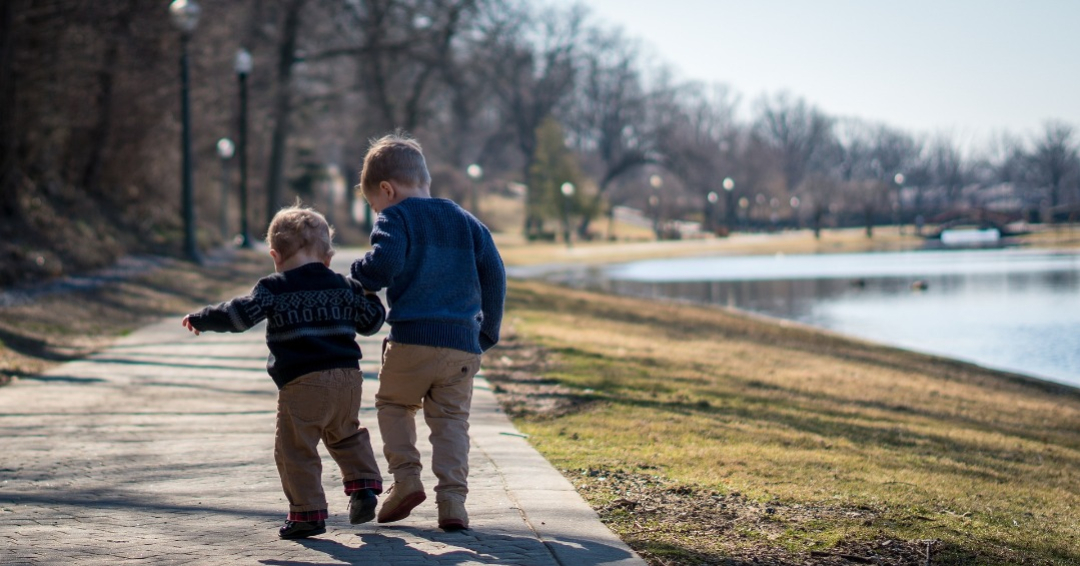The European Environment Agency's latest assessment of air pollution states that at least 1,200 children across Europe die prematurely each year due to breathing dirty air, and many thousands more suffer from physical and mental health problems that can have lifelong impacts. Studies show that pollution is linked to low birth weight and premature birth, and exposure to pollutants during childhood can result in inhibited lung capacity, asthma, respiratory disease, ear infections, allergies, and possibly affect brain development. Children are more exposed to dirty air than adults due to their faster breathing rate, being closer to the ground, and spending more time outdoors.
Reducing sources of air pollution, such as road traffic, coal and solid fuel burning, and industrial emissions, is essential in combating air pollution. However, specific actions should be taken to reduce the risks to children, such as establishing clean air zones around schools, planting trees and ivy screens, and better designing school and childcare facilities with good ventilation and filters. Switching to back roads for walking to school can also help in reducing exposure to pollutants.
Eastern European states, along with Italy, have the highest air pollution levels in Europe due to the burning of coal for domestic heating and industrial pollution, respectively. According to the EEA, 97% of the European population, regardless of age, is exposed to air pollution levels that are higher than those deemed safe by the World Health Organization.
Source: The Guardian

